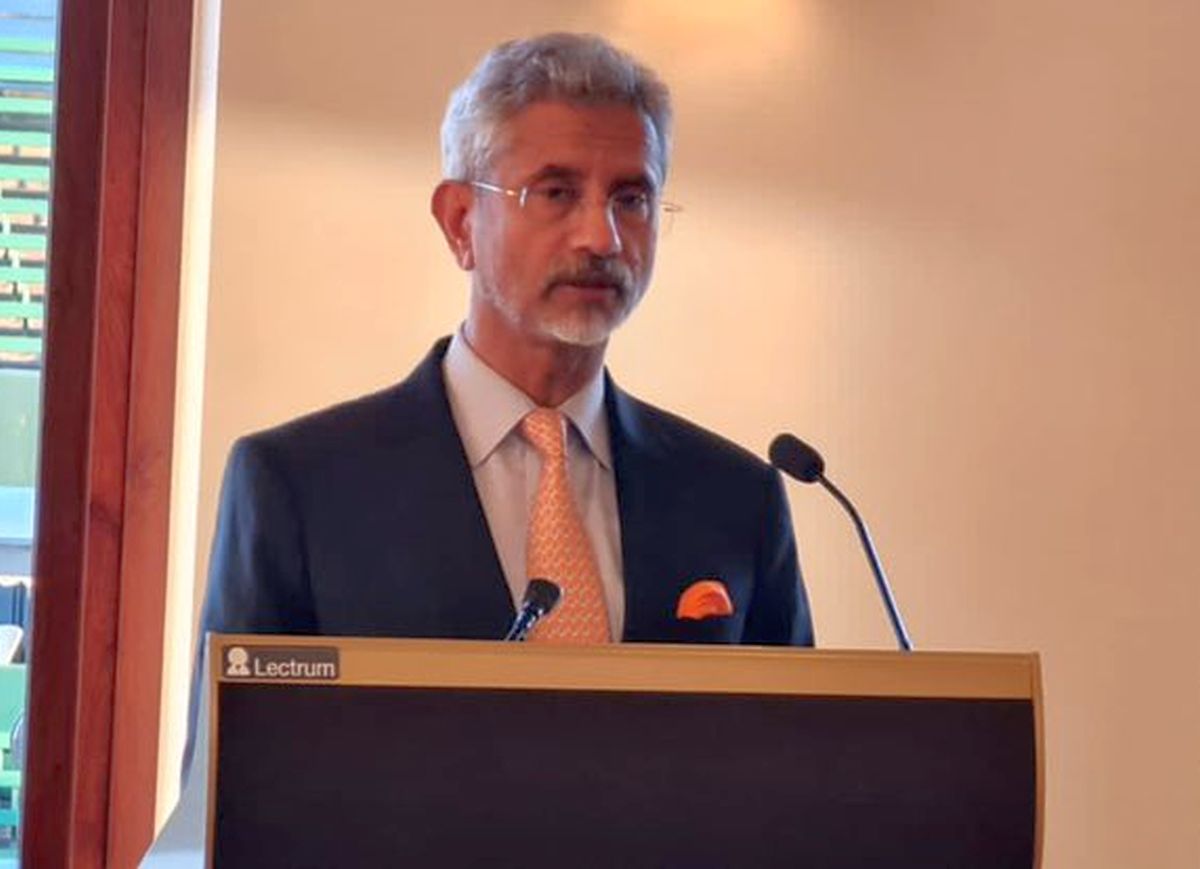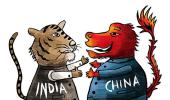India's relations with China right now was going through a "very difficult phase" after Beijing violated border agreements, External Affairs Minister S Jaishankar said on Saturday, underlining that the "state of the border will determine the state of the relationship".

Jaishankar, addressing the Munich Security Conference 2022 Panel Discussion in Munich, said that there is a problem India is having with China.
"And the problem is that for 45 years there was peace, there was stable border management, there were no military casualties on the border from 1975," he said in response to a question from the host.
"That changed because we had agreements with China not to bring military forces to the… we call it the border but it's Line of Actual Control, and the Chinese violated those agreements," Jaishankar said.
He said that "the state of the border will determine the state of the relationship, that's natural".
"So obviously relations with China right now are going through a very difficult phase," the foreign minister said, adding that India's relations with the West were quite decent even before June 2020.
The eastern Ladakh border standoff between the Indian and Chinese militaries erupted following a violent clash in the Pangong lake areas and both sides gradually enhanced their deployment by rushing in tens of thousands of soldiers as well as heavy weaponry.
The tension escalated following a deadly clash in the Galwan Valley on June 15, 2020.
Jaishankar, who was in Melbourne last week, had said that the situation at the Line of Actual Control has arisen due to the disregard of written agreements by China not to mass soldiers at the border and noted that Beijing's actions have become an issue of "legitimate concern" for the entire international community.
The situation at the LAC has arisen due to the disregard by China in 2020 of written agreements with India not to mass forces at the border, he said.
"So, when a large country disregards written commitments, I think it's an issue of legitimate concern for the entire international community," he said in response to a question during a joint press conference with his Australian counterpart Marise Payne.
Jaishankar participated in the panel discussion on the Indo-Pacific at the MSC which is aimed at extensively deliberating on the escalating tension between the NATO countries and Russia over Ukraine.
Asked about the situation in the Indo-Pacific, he said: "I don't think the situations in the Indo-Pacific and transatlantic are really analogous and certainly the assumption in your question that somehow there is a trade-off and one country does it in the Pacific and so in return you do something else, I don't think that's the way international relations work."
"We have quite distinct challenges, what is happening here and what is happening in the Indo-Pacific. In fact, if there was a connection by that logic, you would have had a lot of European powers already taking very sharp positions in the Indo-Pacific. We didn't see that. We haven't seen that since 2009,” Jaishankar said, amidst an aggressive China flexing its muscles in the region.
China claims nearly all of the disputed South China Sea, though Taiwan, the Philippines, Brunei, Malaysia and Vietnam all claim parts of it.
Beijing has built artificial islands and military installations in the South China Sea.
Beijing is also involved in a maritime dispute with Japan over the East China Sea. Both areas are stated to be rich in minerals, oil and other natural resources and are also vital to global trade.
On quad, Jaishankar said its incarnation started in 2017.
“It's not post-2020 development. Our relations with the quad partners -- the US, Japan and Australia -- have steadily improved in the last 20 years. The quad has a value in itself. It is four countries who recognise today that the world would be a better place if they cooperated. And that's essentially what's happening," Jaishankar added.
In November 2017, India, Japan, the United States and Australia gave shape to the long-pending proposal of setting up the Quad to develop a new strategy to keep the critical sea routes in the Indo-Pacific free of any influence, amidst China's growing military presence in the region.











 © 2025
© 2025